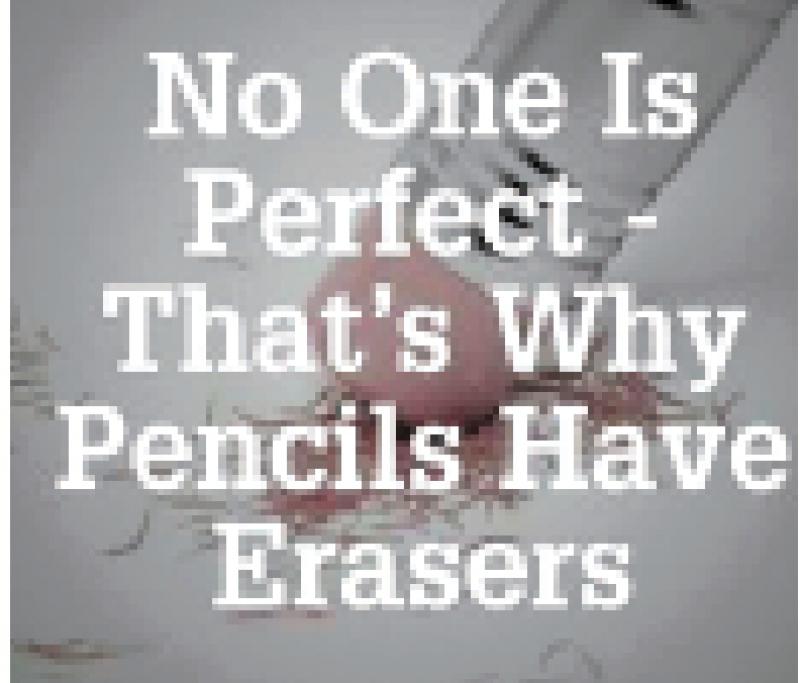
有时候学生匆匆忙忙的写文章或商业类写作,眼明手快,没有覆阅便匆匆交功课。
Miss Carol今集挑选八组学生常见犯错的词汇问题作解说。
1. As spoken on the phone.../ As discussed.../ As agreed …
很多学生以为这个是惯用语,其实不论是面对面的对话还是在电话的谈话,也是两个人或以上的对话。Subject(I, you, we, they, he, she, it) 是需要的。
建议改成:As we discussed on the phone yesterday/ this morning...
2. We could care less OR We couldn't care less
中文翻译为我们不在乎,说到我们可以少关心一个主题或是少关心一样东西。
很多时候这个意思是我们根本不关心某一个话题所以并不在乎。例句:
The politician thinks we are interested in what he comments, but we couldn't care less what he says, to be honest.
3. First-come, first-serve
先到先得或是先到先接待的意思。很多同学以为这是一句成语,非也。
正确写法应该是 First-come, first-served。
4. If worse comes to worse 就是如果发生最坏的情况或是一个假设性的写法。正确写法是:If the worst comes to the worst.
例句:The typhoon is still strong. If the worst comes to the worst, we can stay home instead of going to school.
5. Chalk full?
发音几乎一样但词汇写法不同。应该是Chock-full
Chock是旧式英语单词,跟面颊(cheek)及满到边缘(full to the brim) 一样的意思。
Chock-full就是挤满的或是充满的意思。
例句:My newly-invented mushroom soup, chock-full of corn, bacon and porcini, was absolutely delicious.
6.滥用literally
很多人以为literally可以在任何情况下使用或是一种修辞技巧。查实正确意思是"actually","Strictly speaking"
所以我们不能写Tom's stomach is literally exploding.
例句:Tom has a feeling that his stomach is about to burst; he literally gobbled 4 pizzas down!
7. A little OR little
A little 有正面意思,"little"有反面意思。
There is a little milk in the bottle.
樽内有少许牛奶。
强调是还有牛奶的。
There is little milk in the bottle.
樽内有少许牛奶。
强调是不够牛奶了。
8. Millions of thanks and regards
很多学生甚至在职人士喜欢在电邮最后部分加上thanks and regards / many thanks and regards, 甚至millions of thanks and regards作为歇后语。其实致谢是美好的事情,为什么要躲在最后的部分。另外就是多谢什么事情也应该交代清楚。
例句:Thank you for taking time to review my homework/contract/project plan.
Sometimes I like making mistakes, not those irrevocable ones for sure. We simply cannot learn anything from being perfect. That is why, sometimes, the most precious thing we can make is a mistake.
Miss Carol 资深英语老师、国际英文考试主考官;前大专院校导师
及企业培训导师。